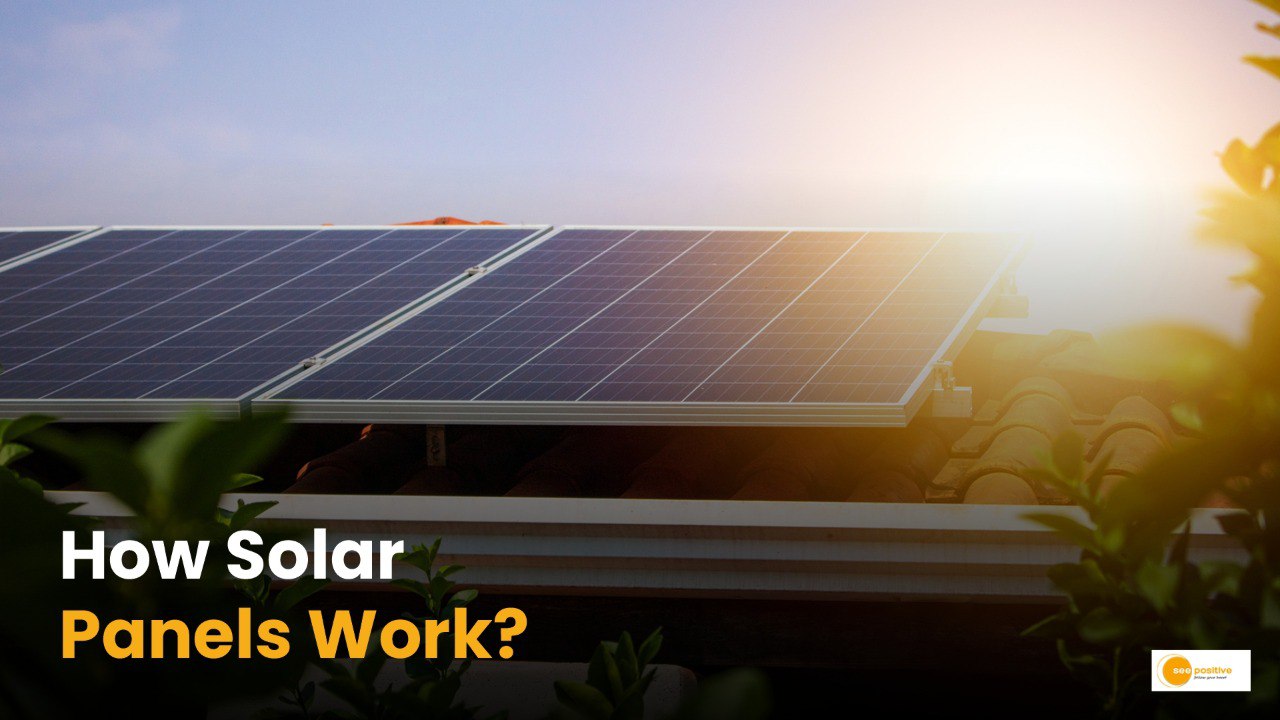Solar panels are a popular way to produce clean, renewable energy. But how do solar panels work? In this article, we’ll explain it in simple words and cover the basics of how solar energy is turned into electricity.
What Are Solar Panels?
Solar panels are devices that convert sunlight into electricity. They are usually placed on rooftops, open fields, or solar farms, and help reduce electricity bills and carbon emissions.
The Science Behind Solar Panels
Solar panels work using something called the photovoltaic (PV) effect. Each solar panel is made of many solar cells, usually made from a material called silicon, which is found in sand.
When sunlight hits these cells:
- Light particles (photons) give energy to electrons in the silicon.
- These excited electrons start moving, creating an electric current.
- Wires inside the panel collect this electricity, which can then power your home or business.
Key Parts of a Solar Panel
- Solar Cells – Made of silicon, they absorb sunlight.
- Glass Cover – Protects the cells.
- Anti-Reflective Coating – Helps capture more sunlight.
- Metal Frame & Wiring – Carries electricity to your home.
From Sunlight to Usable Power
The electricity from solar panels is direct current (DC). But homes and appliances use alternating current (AC). So, an inverter is used to convert DC to AC.
How Efficient Are Solar Panels?
Most modern solar panels are around 15% to 22% efficient—which means they can turn 15–22% of sunlight into electricity. Even though this sounds low, it’s much better than natural processes like photosynthesis in plants.
Benefits of Solar Panels
- Save money on electricity bills
- Reduce carbon emissions
- Low maintenance
- Increase home value
Limitations of Solar Panels
- Work best in sunny, cool weather
- Produce less power on cloudy days or at night
- Need regular cleaning for top performance
- May need batteries to store extra power
Final Thoughts
Solar panels are a smart, eco-friendly way to produce electricity. They use sunlight—a free, natural source—and turn it into clean energy for homes, businesses, and even entire cities.
By understanding how solar panels work, you can make better choices about using solar power to save money and protect the environment.


